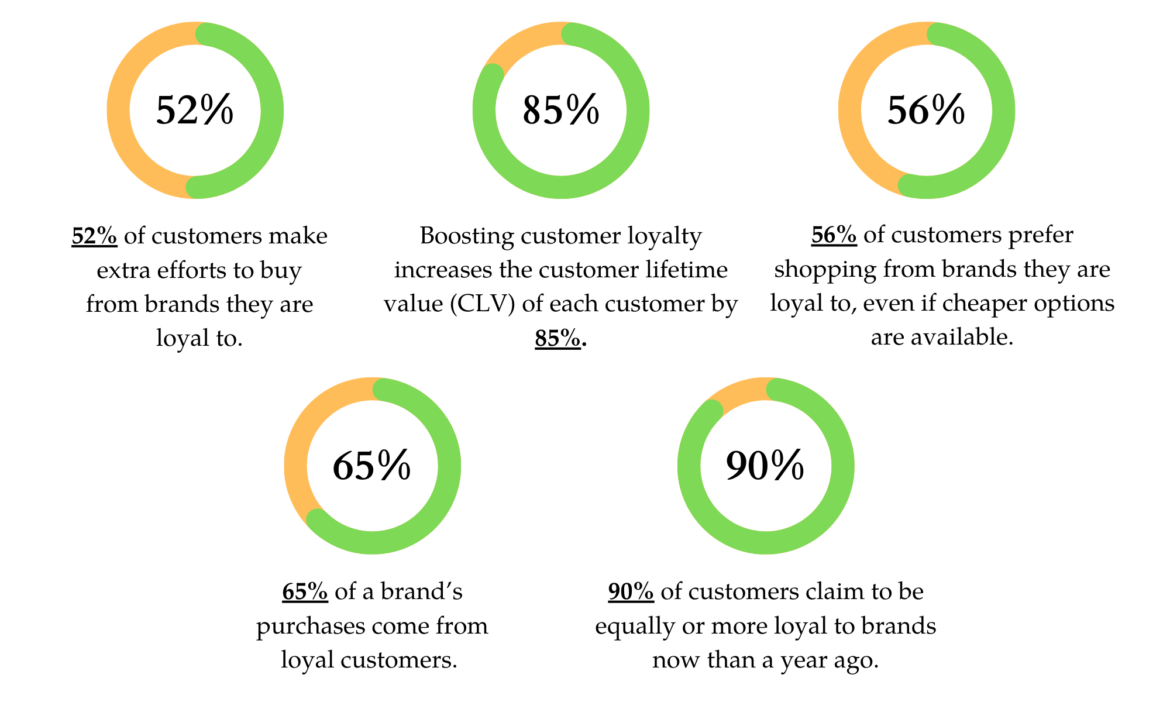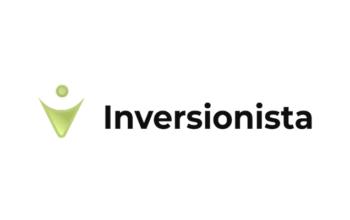Companies must innovate to retain customers in today’s competitive market. A strong Unique Value Proposition (UVP) must be created and shared. This idea greatly affects CLV maximization. This metric estimates a company’s lifetime revenue from a single customer account. Knowing and using the UVP can boost profits and customer retention.
This blog will examine how a well-designed UVP can affect the CLV formula, which drives long-term company growth.
Understanding Unique Value Proposition
A unique value proposition highlights your offer’s benefits, customer satisfaction, and competitive edge. It guarantees value. A unique product or service, as is communicating its benefits to your target market, is important. The UVP should influence buyers.
The Formula for Customer Lifetime Value
Understanding customer lifetime value is essential before delving into how UVP impacts CLV. Customer lifetime value estimates a company’s revenue from one customer. It considers customer revenue, acquisition cost, and time value of money.
This is the typical customer lifetime value formula:
CLV=(AveragePurchaseValue×PurchaseFrequency×CustomerLifespan)−AcquisitionCost
This formula emphasizes how crucial it is to nurture clients to increase their value over time, in addition to simply acquiring them.
The Impact of UVP on CLV
Attracting the Right Customers
Customers specifically seeking the advantages your product or service provides are drawn to businesses with a clearly defined value proposition. You can draw in clients more likely to stick with your brand over time by making it obvious what makes your offering unique, which will raise your customer lifetime value (CLV).
Improving the Retention of Customers
Customer satisfaction and loyalty increase with a UVP that meets target audience needs. Your customers will be more loyal if they believe they are getting a superior value that rivals cannot match. Brand loyalty increases CLV and makes consumers brand promoters.
Promoting Upselling and Cross-selling
Upselling and cross-selling are easier with clients who know and value your UVP. Because they trust your brand, they are willing to explore other products that may interest them. CLV increases as buyers become more willing.
Competitive Market Differentiation
Your brand can stand out in a crowded market with a strong UVP. Better means better in a way that matters to customers, not different. Customers may choose your brand over your rivals due to this differentiation, which could increase your CLV as they choose your brand because of its unique value.
Optimizing Marketing Activities
Knowing your UVP helps you use more targeted and effective marketing. You can tailor your messaging by highlighting the unique benefits that your product or service provides to appeal to the ideal customer profile. This increases the likelihood of attracting high-CLV clients and optimizing your marketing budget.
Maximizing CLV through UVP
To maximize customer lifetime value through your unique value proposition, consider the following strategies:
- Communicate UVP Clearly: Ensure your UVP is visible at all customer touchpoints. Your website, social media, and promotions should promote your brand’s benefits.
- Sync UVP with Client Needs: Contact your clients regularly to learn about their changing needs and preferences. Keep your UVP compelling and relevant by making changes.
- Keep Your Promise: Your UVP is a customer promise, not an ad. Building trust and loyalty requires consistent delivery of your UVP value.
- Use UVP to segment customers: Use your UVP to segment your market and tailor your offerings to different customer groups. This targeted approach boosts CLV and customer satisfaction.
- Track and Optimize CLV: Monitor customer lifetime value metrics to determine how UVP and other tactics affect CLV. Use these insights to improve your strategy to maximize customer value regularly.
Conclusion
Finally, a Unique Value Proposition (UVP) is essential to optimizing Customer Lifetime Value. A strong, unique value proposition (UVP) in a competitive market helps a brand grow and retain customers. Businesses can attract customers, build loyalty, and increase revenue by clearly stating their unique benefits. Well-designed UVPs and strategic CLV management drive long-term business growth. As they navigate today’s competitive landscape, companies must focus on developing and delivering a strong value proposition (UVP) to unlock their customers’ full potential. Creating value that keeps customers coming back makes any business successful.


